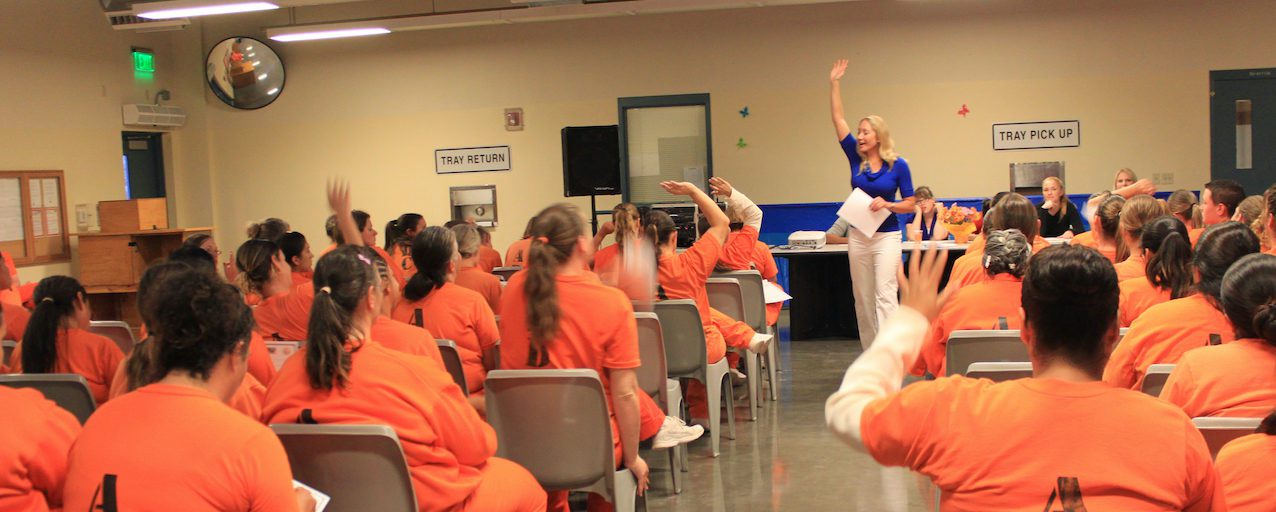Advancing safety and second chances
We drive the criminal justice field forward by providing rigorous, objective research and convening state leaders from all three branches of government.
Advancing safety and second chances
We drive the criminal justice field forward by providing rigorous, objective research and convening state leaders from all three branches of government.
The Latest News and analysis from the CSG Justice Center
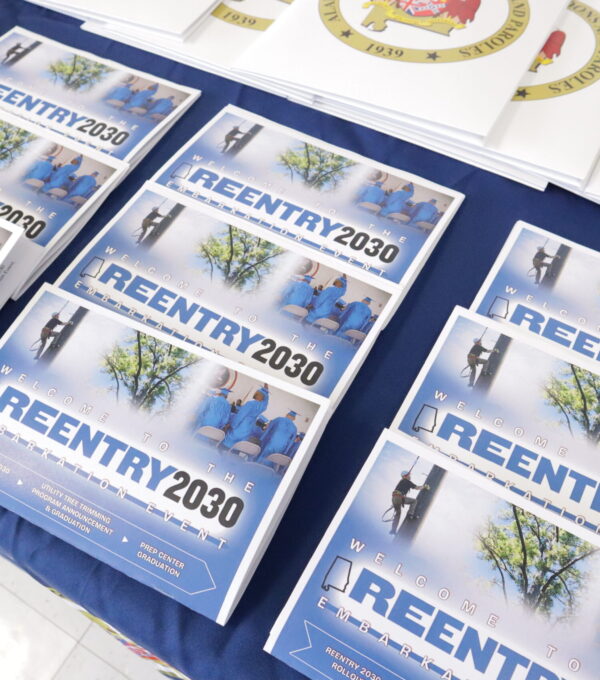
New Alabama Employment Law Advances Reentry 2030 Goals
Alabama is taking action to achieve its Reentry 2030 goals and positioning…
Read More
Bipartisan Group of 33 Lawmakers Promote Continued Funding for the Justice Reinvestment Initiative
A bipartisan group of 33 members of Congress, lawmakers, led by Congresswomen…
Read More
Bipartisan Group of 66 Lawmakers Support Continued Funding for the Justice and Mental Health Collaboration Program
A bipartisan group of 66 lawmakers, led by Congressmen Don Bacon (R-NE)…
Read More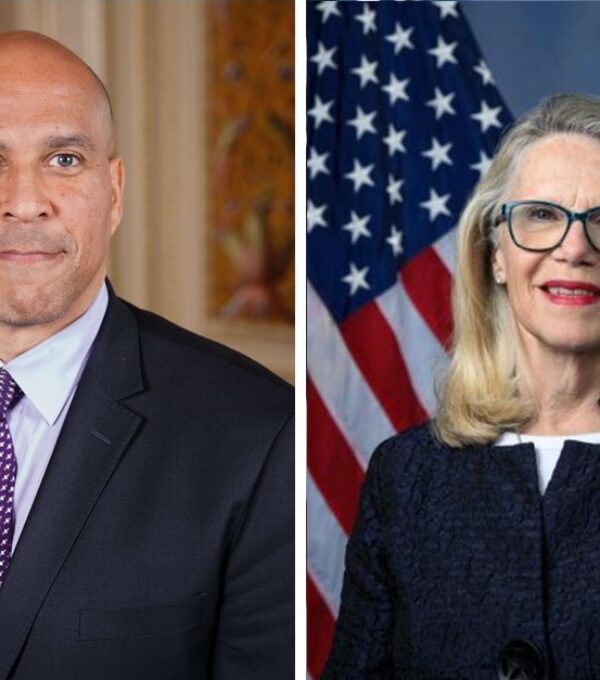
Bipartisan Group of Lawmakers Introduces Second Chance Reauthorization Act of 2025
Today, Senators Shelley Moore Capito (R-WV) and Cory Booker (D-NJ) and Representatives…
Read More
Bipartisan Group of 88 Lawmakers Push for Continued Funding for Reentry and Recidivism Programs
A bipartisan group of 88 lawmakers, led by Representatives Carol Miller (R-WV)…
Read More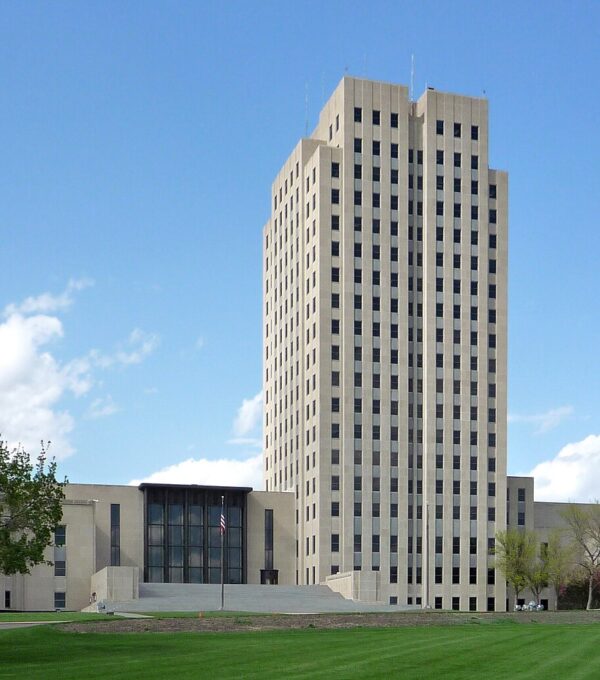
Explainer: North Dakota’s New Youth Fitness-to-Proceed Law
Last month, North Dakota Governor Kelly Armstrong signed a landmark bill to…
Read More
Explainer: How a New Law in Arkansas Tackles Crime, Recidivism, and Community Supervision Challenges
In April 2025, Arkansas Governor Sarah Huckabee Sanders signed a package of…
Read More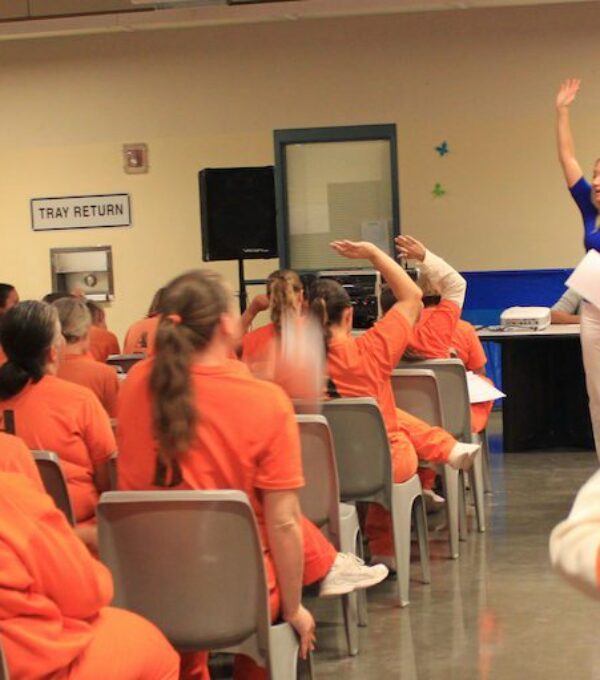
Amid Federal Funding Cuts, Here’s How the CSG Justice Center Can Help You Advance Safety and Justice
Every day, public safety depends on thousands of state and…
Read Morenext
prev
Upcoming events
Stay Up to Date
Our Work in the States
We work in all 50 states, collaborating with leaders across all three branches of government to improve the criminal justice system.











